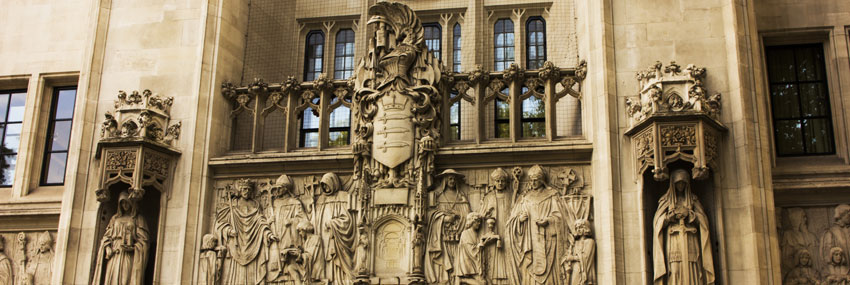The importance of the principles at stake in NCL Investments Ltd v HMRC [2022] UKSC 9 can best be judged by the fact that despite the unanimity of the First-tier Tribunal, the Upper Tribunal and the Court of Appeal, the case was nonetheless permitted to reach the Supreme Court: which, no doubt to the relief of everyone other than HMRC, agreed with what had been said in the inferior courts.
It’s worth pointing out before we start that relief of the kind sought by the company in this case has since been denied by legislation: the significance of the case lies in its emphatic underlining of the importance of generally accepted accounting practice in determining profits for tax purposes.
The facts in NCL were of the simplest.
When an employee of a company is granted an option over shares in the company (whether the grant is made by the company or by someone else), accounting practice demands that the ‘fair value’ of the option be charged to the company’s profit and loss account. This might be regarded by the layman (as it was by HMRC) as ‘quirky’ given that the grant of an option does not result in any outflow of resources from the company: but that is nonetheless what accounting practice demands.
The basic rule is that profit for tax purposes is based on accounting profit, ‘subject to any adjustment required or authorised by law’. So, the question in NCL Investments was whether this ‘quirky’ deduction was allowable for tax purposes or whether some adjustment was ‘required or authorised by law’.
HMRC’s case seems to have been largely based on the feeling that although the deduction was required by accounting practice, it wasn’t a ‘real’ cost, so shouldn’t count for tax purposes. They attacked it on numerous grounds:
HMRC argued that in 1940 the House of Lords had decided in a very similar case (Lowry v Consolidated African Selection Trust Ltd 23 TC 259) that no deduction was available, memorably saying ‘I find difficulty in understanding how on any principle, commercial or otherwise, you may, by electing not to get a sum, become entitled to charge as an expense in your profit and loss account the amount of the sum, which if you had got it, could not have been included therein as a receipt.’ However, there was in 1940 no legislative rule as there is now ‘giving statutory primacy to generally accepted practice’: so, Lowry didn’t help HMRC.
The next argument was that the accounting practice in question was really to do with ‘preserving the integrity of the balance sheet’ rather than with calculating the profits of the company, and that the charge to the profit and loss account was, essentially, a side effect. The Supreme Court rejected that: there was simply no authority for such a distinction.
Corporation Tax Act 2009 s54 denies relief for expenses ‘not incurred wholly and exclusively for the purposes of the trade’. A fortiori, HMRC said, it must deny relief for expenses (such as this) that were not really ‘incurred’ (in the sense of being an economic cost) at all. Superficially attractive: but the Supreme Court held that in the context of the legislation ‘incurred’ means nothing more or less than ‘brought into account as a debit in accordance with generally accepted accounting principles’.
Further, the Court rejected HMRC’s contention that, since the deduction arose from a transaction to which the company wasn’t party, it was impossible to ascribe a ‘purpose’ to it: on the contrary, the First-tier Tribunal had found as a fact that it was incurred for the purposes of the company’s trade and that was that.
Was the charge, then, non-deductible as being of a capital nature? No: ‘the IFRS2 Debits reflect the consumption of the employees’ services by the Appellants. That is also redolent of the IFRS2 Debits being revenue in nature, and not capital’.
Finally, was the deduction prevented as falling under the special rules applicable to ‘Employee Benefit Contributions’? Again no: although the options were in this case granted by an Employee Benefit Trust, the granting of the option (which was what triggered the deduction) was not itself a contribution to the trust and did not otherwise fall within the definition of Employee Benefit Contribution.
In a nutshell: it doesn’t matter how odd or ‘quirky’ a deduction required by generally accepted principles might be: if HMRC can’t point to a piece of statute (or, exceptionally, a ‘clearly applicable judge-made rule’) to deny relief, it counts for tax purposes.
For more information, please get in touch with your usual BKL contact or use our enquiry form.
